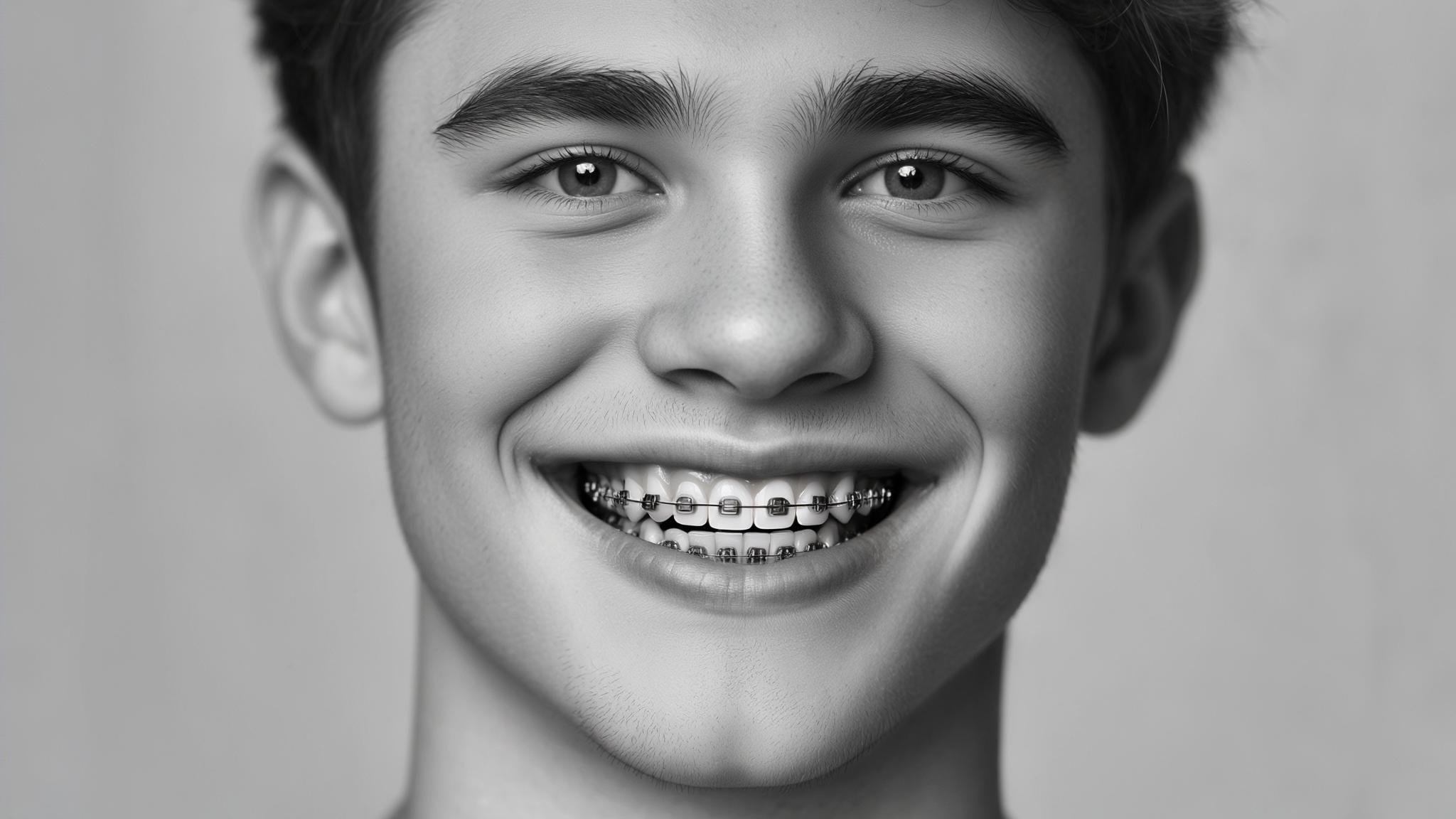Orthodontics and Wisdom Teeth: Can They Affect Your Post-Braces Smile?
Braces are a common orthodontic treatment designed to align teeth, correct bite issues, and enhance overall dental aesthetics. They work by applying continuous pressure over time to move teeth into the desired position. Once the braces come off, patients often revel in their newly aligned smile. However, there's a lurking question: can wisdom teeth disrupt this hard-earned smile?
Wisdom teeth, also known as third molars, are the last set of teeth to emerge, typically appearing in late adolescence or early adulthood. While they can play a role in dental health, their emergence can sometimes create complications, particularly for those who have undergone orthodontic treatment. This article explores the intricate relationship between wisdom teeth and the integrity of your smile after braces.
Understanding Orthodontics
Orthodontics is a specialized field of dentistry focused on diagnosing, preventing, and correcting misaligned teeth and jaws. Common reasons for seeking orthodontic treatment include:
- Misalignment of teeth: Crowded, crooked, or spaced teeth can affect oral health and aesthetics.
- Bite issues: Conditions like overbite, underbite, or crossbite can lead to chewing difficulties and jaw pain.
- Aesthetic concerns: Many pursue orthodontic treatment to enhance their smile's appearance.
Braces, the most prevalent orthodontic tool, use brackets and wires to gradually move teeth into the correct position. This process not only improves the smile but also enhances oral function and health.
The Role of Wisdom Teeth
Wisdom teeth are the third set of molars located at the back of the mouth. They usually appear between the ages of 17 and 25. While some individuals experience no issues, others encounter problems such as:
- Impaction: When there's not enough room for the wisdom teeth to emerge, they may become trapped in the jaw.
- Crowding: Newly emerging wisdom teeth can push against existing teeth, leading to misalignment.
- Infection: Partially erupted wisdom teeth can create pockets that harbor bacteria, leading to infection.
- Cysts and tumors: In rare cases, cysts or tumors can develop around impacted wisdom teeth.
Post-Treatment Shifts After Braces
After braces are removed, teeth naturally settle into their new positions. However, some shifting is normal and can be influenced by several factors:
- Natural settling: Teeth may shift slightly as they adapt to the absence of braces.
- Relapse: Without proper retention, teeth may move back towards their original positions.
Factors influencing these shifts include age, oral hygiene practices, the use of retainers, and the presence of wisdom teeth.
How Wisdom Teeth Can Affect Your Smile After Braces
Wisdom teeth can potentially impact the alignment of teeth post-braces by:
- Crowding existing teeth: As wisdom teeth emerge, they may push against adjacent teeth, causing crowding.
- Displacement of teeth: The pressure from wisdom teeth can lead to noticeable shifts in tooth alignment.
Case studies and examples often show that timely extraction of wisdom teeth can prevent these issues. The timing of extraction relative to orthodontic treatment is crucial to maintaining the results achieved with braces.
Prevention Strategies
To safeguard your smile after braces, consider these strategies:
- Regular dental check-ups: Regular visits to your dentist can help monitor the development of wisdom teeth.
- Monitoring wisdom teeth development: X-rays and examinations can determine if wisdom teeth might cause future issues.
- Using retainers: Retainers are essential in maintaining the alignment of teeth post-braces.
- Timely extraction: If wisdom teeth are likely to cause problems, your dentist may recommend extraction before they fully emerge.
Conclusion
The relationship between wisdom teeth and orthodontic outcomes highlights the importance of proactive dental care. Regular monitoring and timely interventions can help ensure that your beautiful smile remains intact long after braces are removed. By working closely with your dental professional, you can navigate the challenges wisdom teeth may pose and enjoy the lasting benefits of your orthodontic treatment.
References
- American Association of Orthodontists. (n.d.). Orthodontic Treatment
- National Institute of Dental and Craniofacial Research. (n.d.). Wisdom Teeth
- Dental Health Foundation. (n.d.). Post-Braces Care

